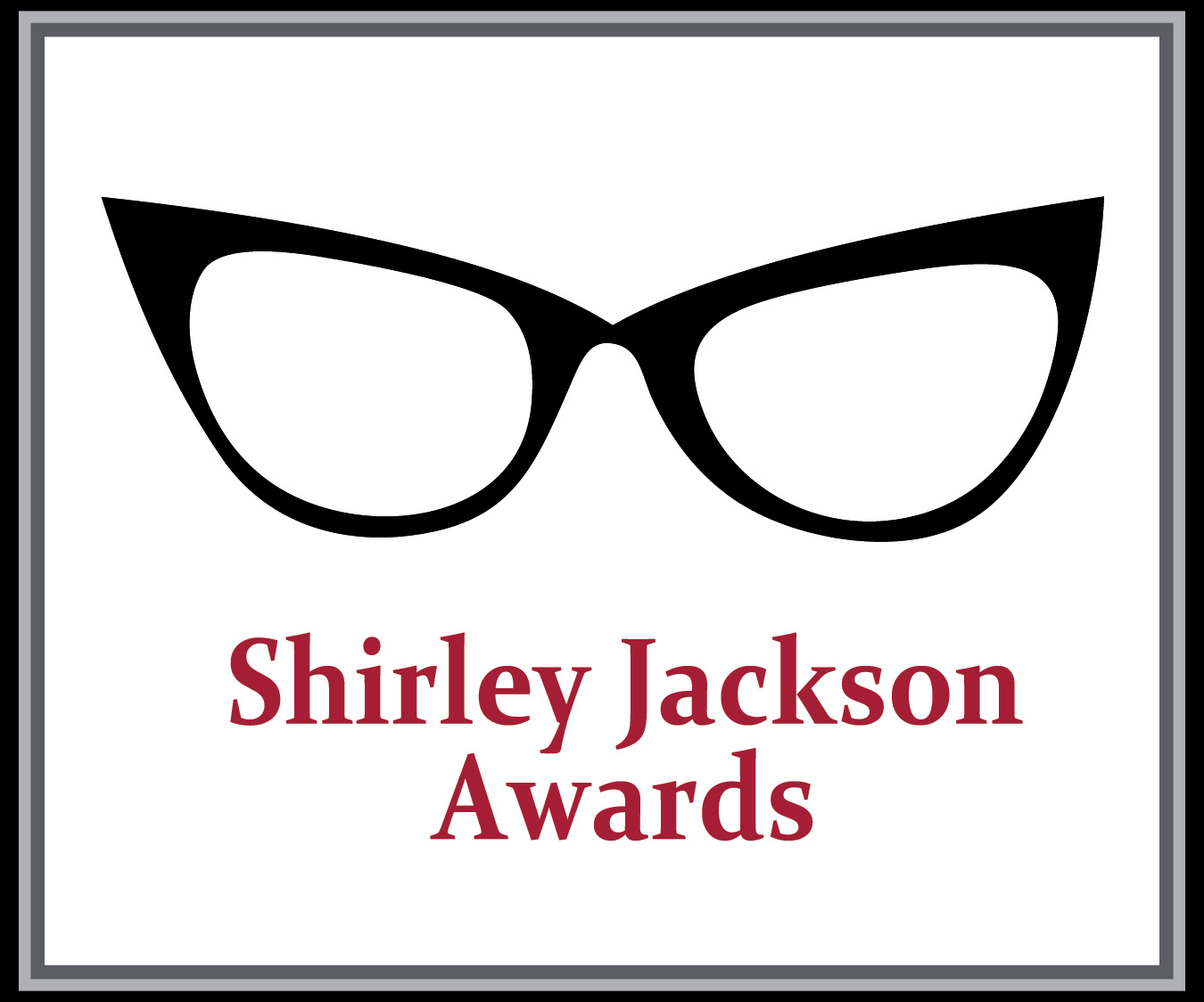Nathan Ballingrud is the author of the Shirley Jackson Awards nominated short story “Sunbleached.”
Hi, Nathan! Thanks for agreeing to do the interview. First off, what’s the appeal of vampires for you?
I have to be honest: when I was approached to write a story for this anthology (TEETH), I came very close to saying no. Vampires have very little appeal for me these days. They’re everywhere you look these days, and I can’t even see the word anymore without cringing. That said, my indoctrination into the horror genre came when I was a kid, and my mom let me watch Salem’s Lot on tv. It was both terrifying and exhilarating, and I’ve been chasing that thrill ever since. I thought about that, and I thought about Stephen King’s short story, “One For the Road,” and I realized how much fun it could be to write a story in which the vampire is downright scary. Our culture has rendered vampires into soulful cover models, or guilt-ridden, self-loathing weaklings. I decided to write about the vampire I loved as a kid, the creature that first brought me into the genre: the predator. The shark. And what appeals to me about that vampire is that it is merciless and yet terribly beautiful, terribly attractive. And not necessarily in the physical sense. I decided to write about a vampire that had been burned nearly to death by the sun: about as far away from physical beauty as it was possible to get. If a vampire’s primary tool is seduction, how would he use it, looking like he did? What would he do? That was a lot of fun. And I’m pleased to note that there has been a larger reaction against the pretty vampire, as evidenced by good, dark vampire novels by Michael Rowe and, soon, Glen Hirshberg.
What were the challenges in writing for a YA audience?
This froze me for a while. The story had a lot of false starts as I tried to figure out what YA really meant. I don’t read a lot of YA fiction and so I had some misconceptions about it. I felt like I was supposed to be writing for children, and I didn’t know how to do that. Nor did I really want to. Finally, though, I just thought about what I was reading when I was fourteen or fifteen — it was Stephen King, for Christ’s sake. I thought about the kind of story I would have wanted to read when I was that age, in a book like this, and the scales fell from my eyes. In the end, I decided to just write “Sunbleached” as though I was writing it for adults. I kept the profanity to a minimum, but other than that I let loose. The end is graphic and very bleak, and I was kind of surprised it passed muster. You must never condescend to your audience; I had to relearn that to write this story.
What’s the appeal of the horror genre for you and what makes you keep coming back to it, or at least including elements of it into your fiction?
The appeal is that it reflects the world I know. The human world is, by default, a sad and uncaring place, and it takes a committed energy to carve out a niche of safety and love. I respond to horror fiction because it seems honest and true to me. I’ve been reading horror pretty steadily since I was a kid. To me, horror is a lot like comedy: it’s very difficult to do well, and pretty ridiculous when done badly. I think of it as the literature of antagonism: at its best, it undermines conviction in authority and convention, it interrogates societal norms and even personal moral infrastructures. A literature which engages us in this way is vital. I can’t help feeling that people who disdain this genre are somehow hiding from themselves; that there are places inside that they’d rather not acknowledge. And, you know, that’s understandable. But it’s also somewhat dishonest. The thing is, though, horror exists all over the place outside the genre, too. I’ll go to my grave maintaining Donald Ray Pollock is writing horror fiction, for instance. You’ll find it in Richard Price and in Cormac McCarthy. In the poetry of Sharon Olds. It’s not just a genre, it’s an atmosphere. And that’s why I have resisted the “horror writer” label. It’s not out of disdain for the genre; just the opposite. It comes from the belief that it’s too big to be codified in terms of genre, and from the fear that, were I to try to do that, my writing would devolve into parody. It’s just like writing YA: I had to stop thinking I was doing it in order to do it. I was accused once of being disloyal to the genre for resisting the label, but that just strikes me as absurd. Horror is everywhere, and it’s a part of the world that fascinates me right now. But the world is too big, and the human experience is too big, for me to identify myself so specifically. I reserve the right to be whatever kind of writer I want to be.
